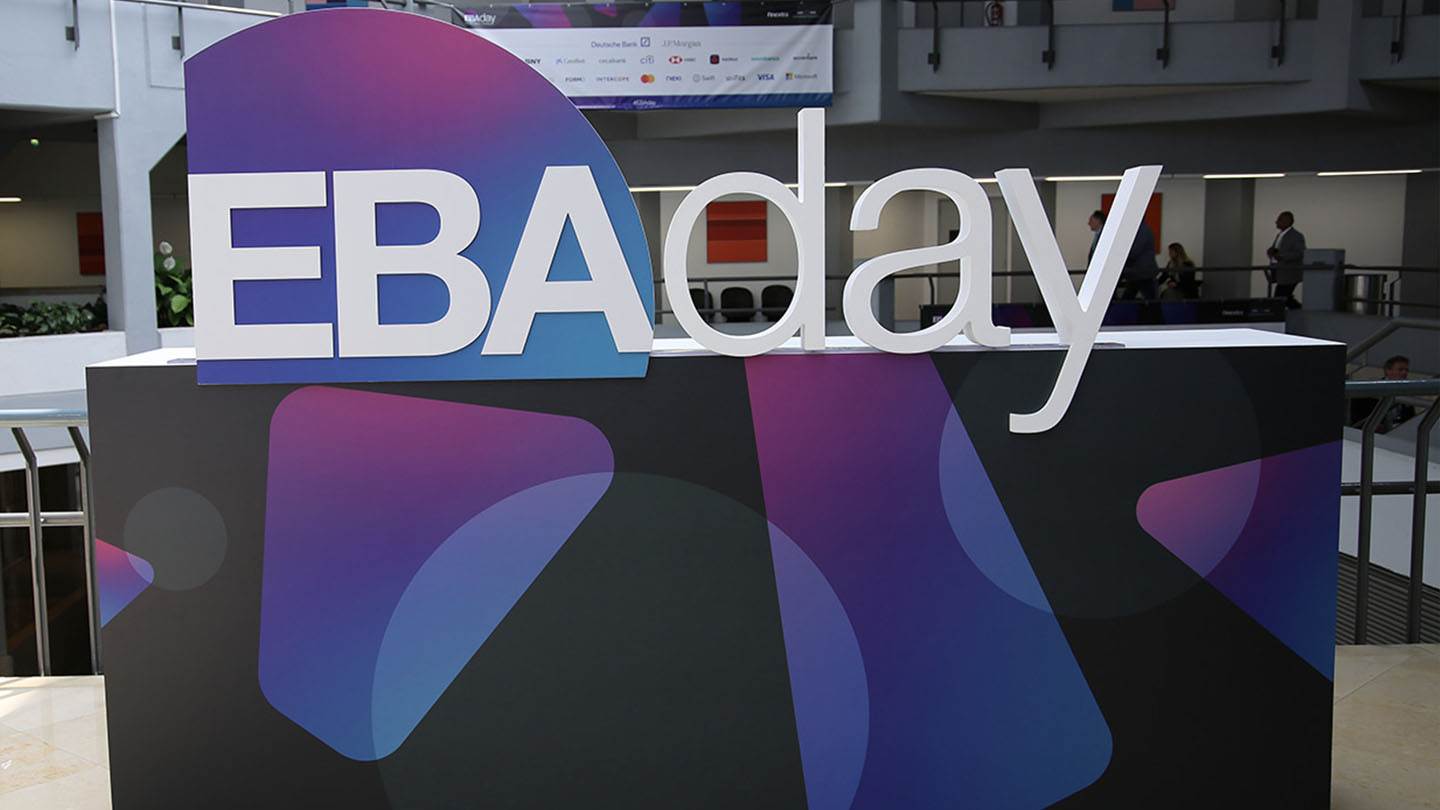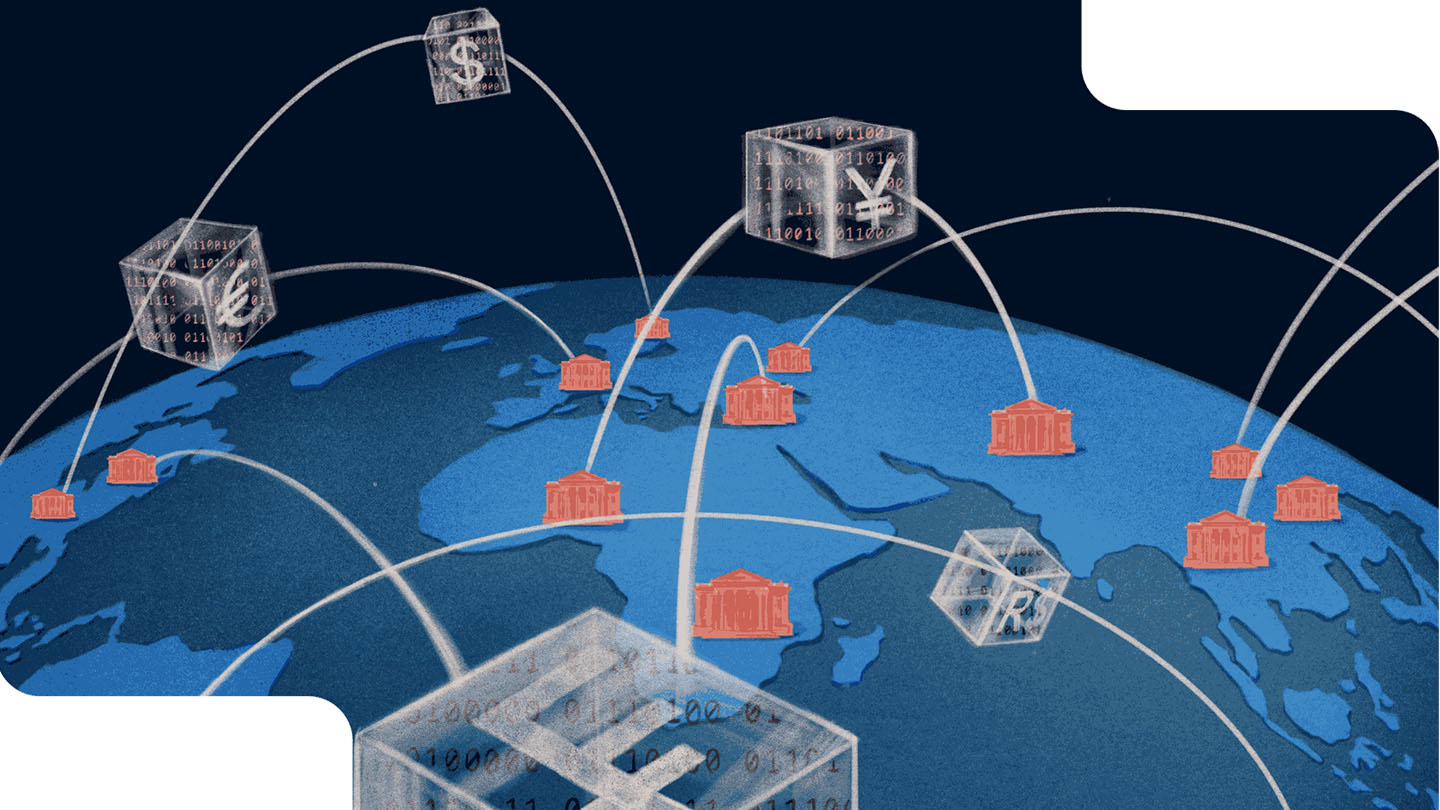
For global connectivity and treasury innovation, turn to your partner in payments
At J.P. Morgan, we’re dedicated to enabling cross-border payments and optimizing your liquidity, so you can operate and grow on a global scale. Our trusted cash management advisory services are built on more than a century of experience, and offer a deep understanding of the financial landscape. According to Coalition Greenwich we’re ranked #1 with financial institutions4, with the expertise to help you seize new opportunities and realize your vision.
Speaker highlights
Strategic Roundtable: The Future of Payments – Digital, Instant, Profitable?
Joy Macknight (moderator)
Independent Journalist, Editor and Presenter
Tsvetanka Nankova
Global Head of Sales, Institutional Cash & Trade Finance, Deutsche Bank
Michael Reinwald
Head of Financial Institution Group Sales Europe, J.P. Morgan Payments
- The only constant is that the payments industry will become more complex, with more players entering the market – including non-bank players. There will be new rails we will use to settle payments, and new controls that will be specific to certain segments.
- Whether it is B2B or B2C, everyone is keen on real-time payments. Currently there are over 90 real-time payments solutions, so to really stop the friction we need an international payments network.
- Ensuring real-time and instant payments is extremely important, as we’re not only providing an instant payment solution we’re helping clients to manage liquidity.
- For treasurers there is a huge demand to make the user experience easier – AI will be instrumental in getting us there.

Women in Banking and Payments
Kate Pohl (moderator)
Executive Advisor, Projective Group
Lauren Jones,
Chair, ISO TC68 SC2 – Security for Financial Services
Katja Lehr
Managing Director, EMEA Payments and Commerce Solutions, J.P. Morgan Payments
Petia Niederländer
Director, Oesterreichische Nationalbank
Simone Satan
Global Head of Digital Market Management, Treasury Services, BNY
As the payments industry becomes more and more specialized, further opportunities for women are opening up in various areas such as technology, open banking, ESG and regulation. How can banks, consultancies and payment service providers achieve gender parity, diversity and inclusion? In which ways can the industry include more women in decision-making roles? What is the role of mentors and sponsors?
There have been huge changes over the past 20 years, particularly at C-suite level where it is an evolution as opposed to a revolution.
Top tips:
- Support each other
- Make yourself visible
- Bring your authentic self to work
- Connect with your peers in the industry
- Network, network, network
- Go for it!

Challenge Speech: Digital Money, Digital Assets, Digital Identity – the Future of Banking
The rollout of Central Bank Digital Currency (CBDC) will require banks and payment service providers (PSPs) to include it within their infrastructure and product offering, and ensure that safeguards are managed, e.g. controlling maximum stored value.
How to make money? Develop added value services connected to stored value. All agreed that wholesale CBDCs provided clear value in potential use cases.
Digital ID is going to enable innovation, including tokenization, transfer of assets, and bots acting on our behalf to procure and manage our finances and assisting in verification to help reduce fraud. As an industry, it’s imperative we focus on dynamic ID that interacts in real-time with the ID issuer, rather than our current focus on digitization.
Instant payments: banks remain skeptical and currently see higher relative levels of fraud. The key to adoption includes increasing consumer confidence, with banks, fintechs, social media companies and telecoms working together to reduce fraud. This can happen through sharing of data and development of use cases such as refunds and instant cross-border payments.
Tokens, blockchain and CBDCs: it would seem that interoperability across bank private blockchain networks is still holding back use cases. A member of the audience suggested we all need to stop the experiments and work together to develop market-wide solutions.
See you at Sibos in Beijing, October 21-24, 2024
Let’s continue the conversation this October at Sibos 2024. Join thought leaders from around the world for this year’s theme of “connecting the future of finance.”
Watch video
Hide
Watch video
Hide
Related insights
-

Payments
ISO 20022: First 120 days live
J.P. Morgan takes a look at the issues, queries and topics around the ISO 20022 CBPR+ migration, focusing on real use cases to determine best practices financial institutions should be following.
-

J.P. Morgan Reports
The race to rewire cross border payments
The world may be entering a period of deglobalization, but cross border payments are on the rise. International transfers are expected to increase five percent per year until 2027.
-

Payments
The future of payments for low-value transactions
July 11, 2023
The latest innovations in cross-border payments will make low-value transactions cheaper, faster and easier for small businesses and consumers alike.
-

Payments
Moving money faster: Driving 7-day-a-week book transfer processing
September 30, 2022
In today’s global environment, payments never stop. So, at J.P. Morgan, we asked, why should payments processing?
-

Payments
Data helps ease the pain of cross-border payments for Financial Institutions (FIs)
There are several challenges involved in cross-border payments, but the data that is associated with each transaction can help alleviate those obstacles for financial institutions.
-

Payments
Driving advanced cross-currency payments for financial institutions
October 23, 2025
Rethink the way you do cross-border business with Xpedite, an innovative global solution from J.P. Morgan Payments.